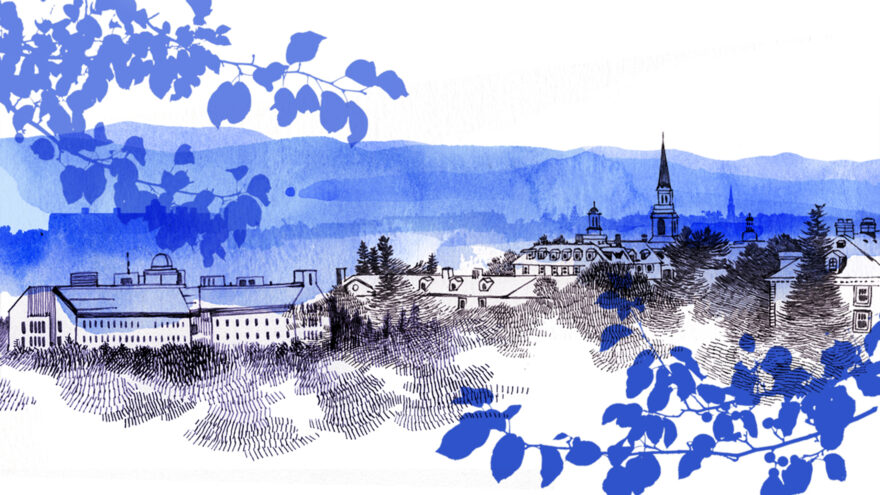I have just listened to a recent interview with Albert Camus’s daughter, Catherine Camus. She reports that she only started to read and understand the implications of her father’s classic work, The Plague, after he had died in a car accident. Written from the perspective of a doctor in a small town, The Plague portrays how the pestilence strips away the relentless focus on material wealth and success and lays bare what really matters: human relationships, care, connection. Like many of us who have recently returned to that classic, Catherine Camus was struck by its relevance today. Anything can become the plague, she observed. Anything can prevent us from being open to the deeper realities of life.
As others have observed, we are listening to two stories of plague this week. The first, a searing account of a black man, George Floyd, killed by a police officer who kneeled on his neck for eight minutes while George Floyd died. Like Eric Garner before him, George Floyd said these words as he pleaded for his life, “I can’t breathe.” In light of this recent death and others (Ahmaud Arbery, Breonna Taylor), our country is again engulfed in anger and protest as the plague of racism infects the early days of our American summer.
The second plague is the one still taking place all over the country in nursing homes, in hospitals, in cities and rural communities. Young and old, people have trouble breathing as they are struck by COVID-19. We are learning about new techniques to help them breathe, whether it is a simple motion of turning face down to give the lungs more room, or a new kind of ventilator that allows more oxygen to flow.
These plagues have put into sharp relief the acute reality of life: People of color in our country walk daily with deep vulnerability to the threats of institutionalized violence. They face greater risk of death in the time of coronavirus, greater risk of death on the streets and in their homes.
Education and action are the two forms of oxygen that can heal. Wherever you are in the world, use your Middlebury education to challenge bigotry and hatred. Call your congressman or senator. Get involved in local groups. And when you return to Middlebury’s campuses, collaborate with all members of our community to act against racism and become accountable for the work that needs to be done—in our classrooms, in our living rooms, in our workplaces, in our communities.
In a world beset by two plagues, we are gasping for air. Just as coronavirus strips us of our capacity to remain connected, racism strips people of an opportunity to live in a just world that protects and supports all citizens. I ask each of us, as members of the entire Middlebury community, to circulate that air so all of us can breathe it in, and live.
This column is adapted from President Patton’s message to the community sent on Sunday, May 31. President Patton can be reached at lpatton@middlebury.edu.

Leave a Reply